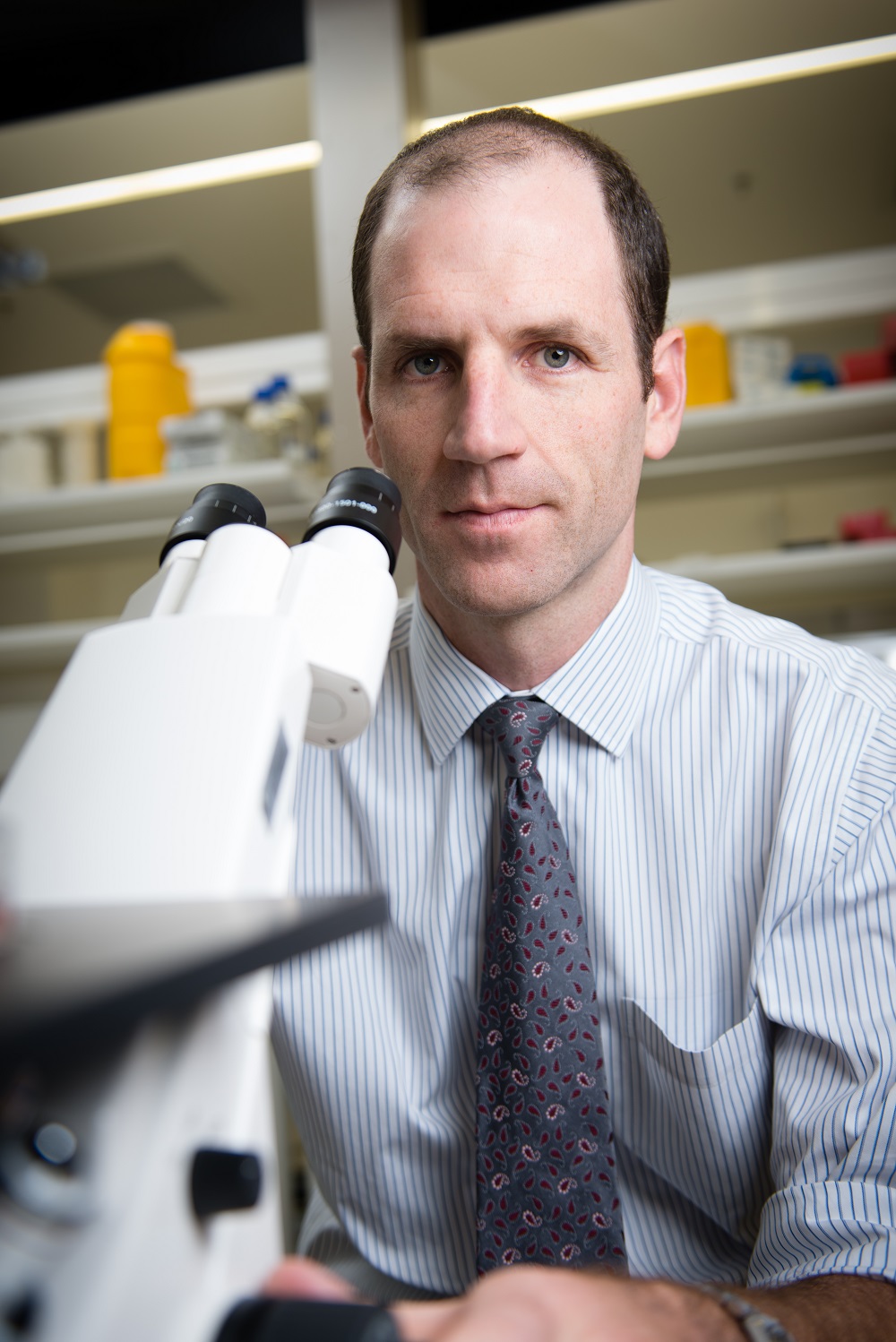Prof. Steven Lane: Understanding the process of progression from MDS to acute leukaemia

Myelodysplasia (MDS) is a common blood cancer that predominantly occurs in people over 60 years of age. It causes symptoms through low blood counts, leading to infection, bleeding or blood transfusion. MDS can turn into acute leukaemia (AML) and this is caused by the acquisition of new changes in the DNA. Azacitidine is the only PBS funded medication to treat MDS, but the underlying mechanisms of response are still poorly understood.
Prof Lane’s group has generated a model of MDS that turns into AML and is using sophisticated methods to understand how normal stem cells turn into leukaemia. Their preliminary experiments have identified a protein called CDX-2 is over-expressed in leukaemia and high risk MDS. Using this model, they have demonstrated that azacytidine specifically targets the leukaemia cells to increase cell death. This proposal will better understand this azacytidine response, and build on it by combining azacytidine with a new drug, venetoclax with the aim to improve outcomes in MDS and AML.
This project is kindly supported through the estates of Professor Patrick Quilty AM and Rina Chow.
Last updated on January 30th, 2023
Developed by the Leukaemia Foundation in consultation with people living with a blood cancer, Leukaemia Foundation support staff, haematology nursing staff and/or Australian clinical haematologists. This content is provided for information purposes only and we urge you to always seek advice from a registered health care professional for diagnosis, treatment and answers to your medical questions, including the suitability of a particular therapy, service, product or treatment in your circumstances. The Leukaemia Foundation shall not bear any liability for any person relying on the materials contained on this website.